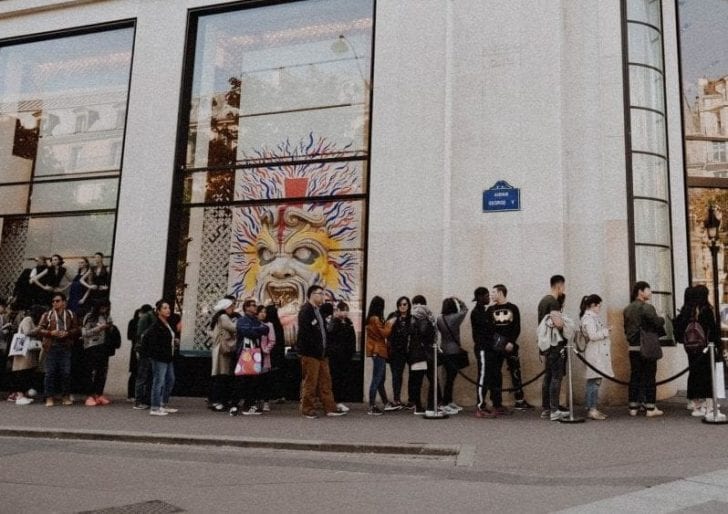The retail market usually reshapes after big historical events. After the Industrial Revolution, machine-assembled products flooded the market, offering uniformed markets.
Similarly, after the Green Revolution, farm produce doubled and tripled, helping reduce essential edible items’ prices. Technological Revolution laid the foundation of a global village. Likewise, at the turn of the 21st century, there was a complete rehaul of the market, and new consumer trends have emerged.
Here are a few changes in the retail market that every business owner must consider and follow for advertisement campaigns in correspondence to survive in a cutthroat competitive world.
1. The demand for environmentally-friendly products
The campaign for an environmentally friendly style of life has been ongoing for more than a decade. However, recently in view of the increasing number of natural calamities, this movement has caught steam and is rapidly gaining support from consumers worldwide.
Now the consumers have revealed an increasing preference for organic and environmentally friendly products. The consumers are even insisting that the packaging too should be recyclable and reusable and never in excess because that only means more burden on already scarce resources in the world.

2. The market for renewable fuel
Earlier, there was a blind demand for oil and gas, whether it be for powering vehicles, making electricity, or preparing food. However, in recent years, consumers have become more aware of the negative impact of constantly exploiting natural non-renewable resources.
Their preference can be observed in the automobile market, where consumers are willing to pay a premium to afford a hybrid car while shunning the cheaper alternatives in form of cars functioning on petrol or diesel.

3. A preference for virtual shopping
Lately, consumers have switched to online shopping, firstly due to necessity as the coronavirus obligated the consumers to observe social distancing by staying at home. The other reason for this switch has been due to feasibility. Consumers find it more feasible to stay in the confines of their home and have their groceries delivered home.
Especially in the new world that calls for gender equality, where women have joined the workforce in huge numbers, no one is willing to sacrifice precious hours in a queue at the local shopping mart when a better service can be provided by their cell phones or laptop through online shopping.

The producers and retailers now have a big burden on them to reshape themselves according to the changing consumer trends or be ruthlessly squashed out of the market by other businesses that are quick to adapt to the new market.
